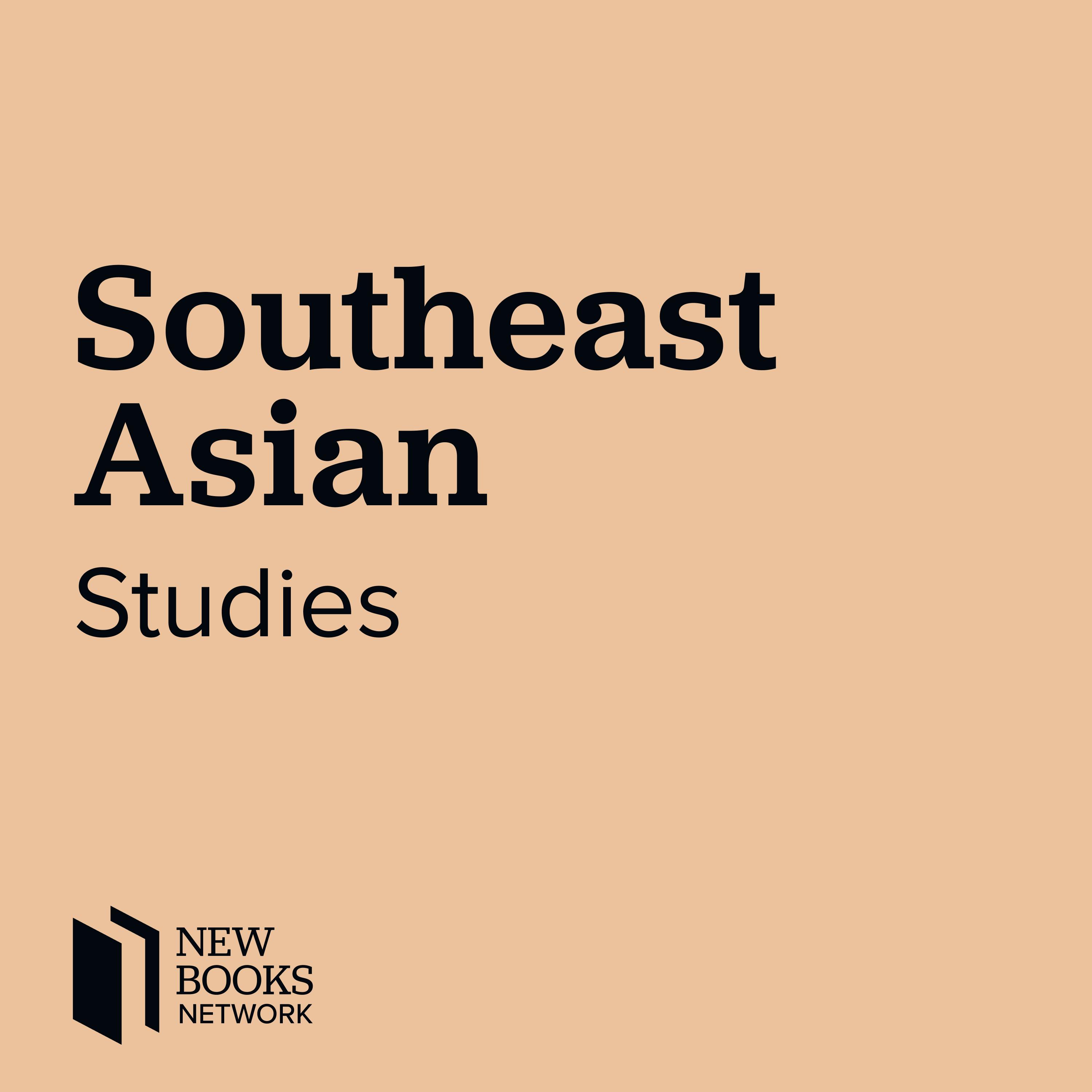Cheow Thia Chan, "Malaysian Crossings: Place and Language in the Worlding of Modern Chinese Literature" (Columbia UP, 2022)
Description
Malaysian Chinese (Mahua) literature is marginalized on several fronts. In the international literary space, which privileges the West, Malaysia is considered remote. The institutions of modern Chinese literature favor mainland China, Taiwan, and Hong Kong. Within Malaysia, only texts in Malay, the national language, are considered national literature by the state. However, Mahua authors have produced creative and thought-provoking works that have won growing critical recognition, showing Malaysia to be a laboratory for imaginative Chinese writing.
Highlighting Mahua literature’s distinctive mode of evolution, Cheow Thia Chan demonstrates that authors’ grasp of their marginality in the world-Chinese literary space has been the impetus for—rather than a barrier to—aesthetic inventiveness. He foregrounds the historical links between Malaysia and other Chinese-speaking regions, tracing how Mahua writers engage in the “worlding” of modern Chinese literature by navigating interconnected literary spaces. Focusing on writers including Lin Cantian, Han Suyin, Wang Anyi, and Li Yongping, whose works craft signature literary languages, Chan examines narrative representations of multilingual social realities and authorial reflections on colonial Malaya or independent Malaysia as valid literary terrain. Delineating the inter-Asian “crossings” of Mahua literary production—physical journeys, interactions among social groups, and mindset shifts—from the 1930s to the 2000s, he contends that new perspectives from the periphery are essential to understanding the globalization of modern Chinese literature. By emphasizing the inner diversities and connected histories in the margins, Malaysian Crossings: Place and Language in the Worlding of Modern Chinese Literature (Columbia UP, 2022) offers a powerful argument for remapping global Chinese literature and world literature.
Cheow Thia Chan is assistant professor of Chinese studies at the National University of Singapore. His research interests include modern Chinese literature, Singapore and Malaysian Chinese Literature, Southeast Asian Chinese Studies, Diaspora Studies, and Urban Studies.
Li-Ping Chen is a teaching fellow in the Department of East Asian Languages and Cultures at the University of Southern California. Her research interests include literary translingualism, diaspora, and nativism in Sinophone, inter-Asian, and transpacific contexts.
Support our show by becoming a premium member! https://newbooksnetwork.supportingcast.fm/southeast-asian-studies
More Episodes
Triumph Regained: The Vietnam War, 1965-1968 (Encounter, 2023) is the long-awaited sequel to the immensely influential Triumph Forsaken: The Vietnam War, 1954-1965. Like its predecessor, this book overturns the conventional wisdom using a treasure trove of new sources, many of them from the North...
Published 05/22/24
In 1941 and 1942 the British and Indian Armies were brutally defeated and Japan reigned supreme in its newly conquered territories throughout Asia. But change was coming. New commanders were appointed, significant training together with restructuring took place, and new tactics were developed.
A...
Published 05/21/24
In Mooring the Global Archive: A Japanese Ship and Its Migrant Histories (Cambridge UP, 2023), Martin Dusinberre follows the Yamashiro-maru steamship across Asian and Pacific waters in an innovative history of Japan's engagement with the outside world in the late-nineteenth century. His...
Published 05/19/24


